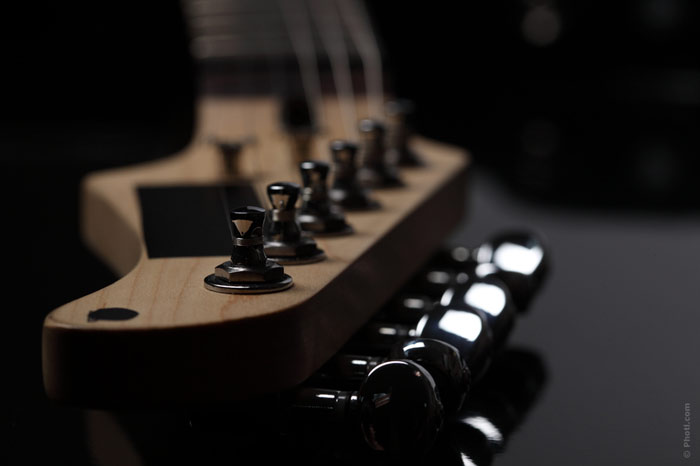Pros & Cons of Raising Musical Kids
We always want our child to grow up the most talented and intelligent one. We expect the child to be broad-minded. Therefore, parents often send their children to various extracurricular classes and schools, including music schools. But how do you know whether the choice was made correctly?

Of course, not all children have an impeccable ear for music and a perfect voice. Most often it does not affect the decision of the parents to send their children to a music school. And the answer to the question why it happens is on the surface. The child really needs primary music education! And there are 11 reasons to support this statement:
11 Pros of Music Education for Kids
- The child learns to understand beauty because sounds are the first thing he/she faces before birth. Through practicing the child can learn to listen to and hear beauty.
- Music lessons help develop memory because your child has to strain the memory all the time to memorize something during lessons and while doing homework, play by ear, learn musical notation and so on.
- The child develops all the available capacities harmoniously. Certainly, some children have more abilities, while others are less capable, but in any case they can study music. Purposeful work on the development of abilities will necessarily produce results.
- A music school will teach the child to work, allocate his/her time, enjoy the seemingly forced labor, and set goals, while hard work and the ability to adapt will be very useful in life.
- Thanks to the music school, the child will develop taste, will ascend to a new cultural level and learn to distinguish rights from wrongs, not only in the field of music, but also in cinematography, literature, and art.
- Good classical music develops kindness and affection in the child. Even pregnant women are advised to listen to the classical music. Children will find such music even more useful.
- Music lessons help develop hearing.
- It is believed that a child with a well-developed hearing finds it much easier to learn a foreign language.
- Music has a positive influence on the development of intelligence in general.
- Music lessons are useful for little kids because they develop fine motor skills. After all, one must coordinate his/her movements very clearly to press the keys or clamp the flute holes.
- The children involved in music from an early age are more sociable. They are not afraid of public speaking and are not afraid to start a dialogue with peers. They are more optimistic and friendly.
5 Cons of Teaching Children Musical Instruments
But there is a downside as well. We have selected 5 reasons why music schools may not be the best idea for your child.
- The child may categorically dislike visiting classes: he/she is not interested or involved in the process and is generally dreaming of becoming a football player or a famous figure skater. In this case, compulsion will not help achieve the desired result.
- Children often do not connect their lives with a musical career, so many of them will think such classes interfere with the normal childhood, when they want to run in the yard, climb trees, hang out with friends, instead of sitting all day long at the piano.
- Paying for the lessons and buying musical instruments can cause a severe blow to the family budget.
- Sometimes public performances that are planned during the training are inevitable and thus cause panic attacks in the child. In this case, it makes sense to undergo psychological assistance. After this, you can start thinking about music lessons.
- If you choose the wrong direction, it may forever prevent your child from loving music. For example, if a child wants to play the guitar or to be a rock band singer, piano lessons and Chopin’s music will hardly seem delightful.
When to Start Music Education?
We must not forget that the age of taking up musical classes is also very important. Many children are forced to play a musical instrument at the age of 6-7 years. Very often, they are not ready to do it and begin to resist. It often happens that at the age of 10-11 years children get interested in playing musical instruments. Sometimes you just need to trust your children and not to make them do what they want. After all, this is not necessarily laziness; perhaps the child is not ready yet.
Forcing Your Kid
While making the choice “for” or “against” the music school, the main thing is to try to think about the needs of the child first, and not about how to fulfill your desires at any cost. Violently forcing the child to do what he/she categorically does not want to do is similar to compelling rather than educating, and it is unlikely to help the child become a cultured and educated person.
